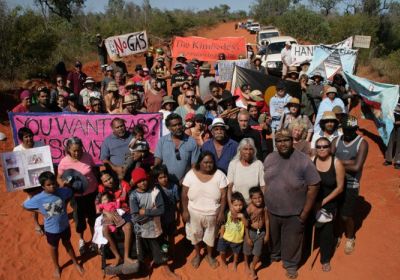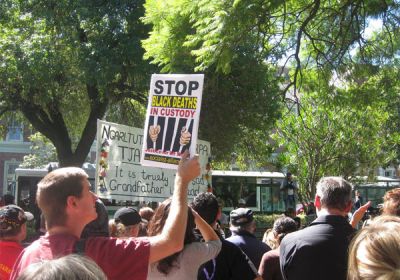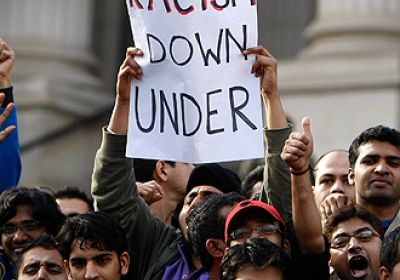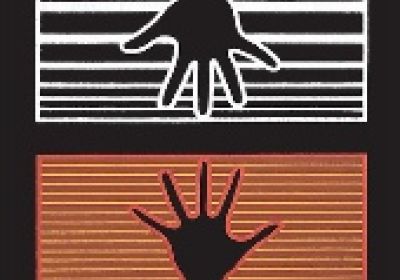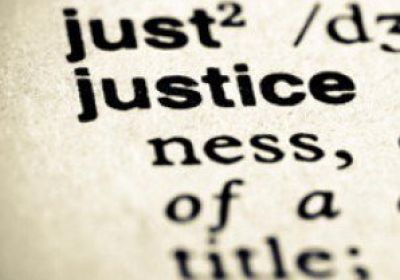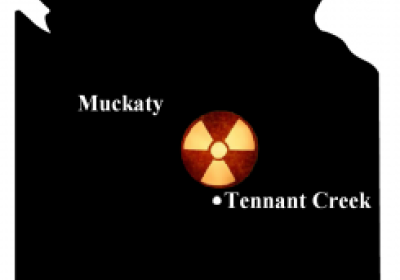
The land around Muckaty Station, 120 kilometres north of Tennant Creek in the Northern Territory, was nominated as a possible site for a nuclear waste dump by the Northern Land Council in May 2007. This was accepted by the federal government in September 2007.
Natalie Wasley from the Beyond Nuclear Initiative told Green Left Weekly: “A small group of traditional owners, hoping for cash for their impoverished community and improved services like roads, housing and education, agreed to the dump site. However, many other traditional owners remain opposed to the plan.


